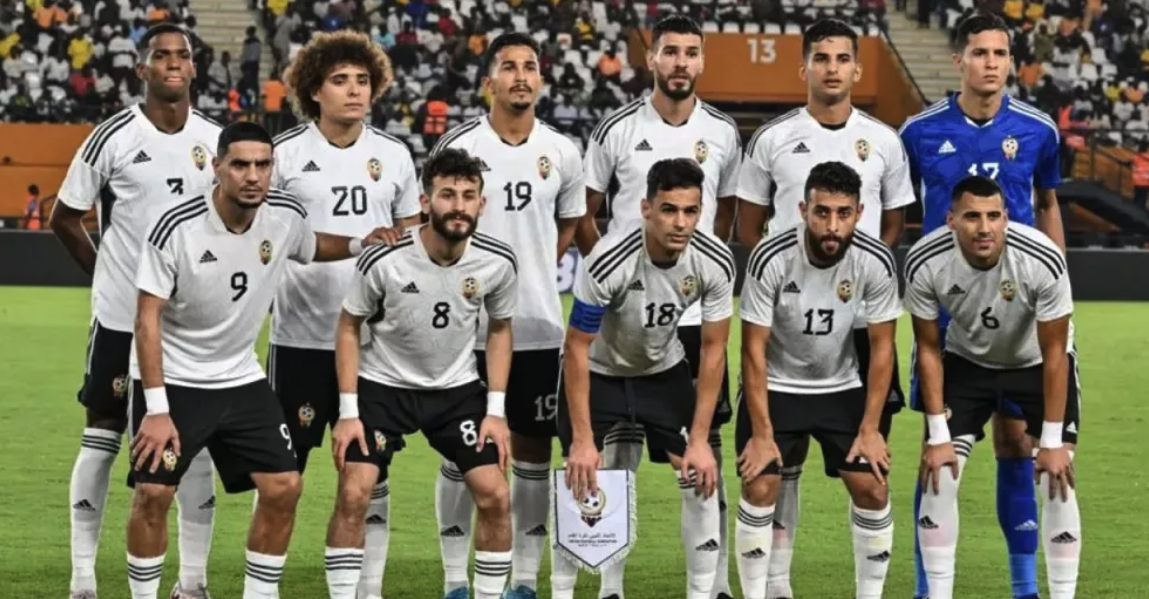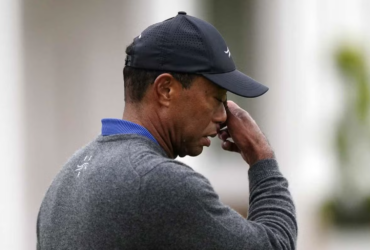The Libyan Football Federation (LFF) has announced plans to contest the sanctions imposed following the cancellation of their Africa Cup of Nations (AFCON) qualifier against Nigeria. Originally scheduled for October 15, the match was called off after Nigeria’s Super Eagles boycotted the game due to logistical complications that left them stranded overnight at an airport. In a controversial decision, the Confederation of African Football (CAF) awarded Nigeria a 3-0 victory and fined the LFF $50,000 (£38,500) due to the cancellation.
Rising Tensions Lead to CAF Intervention
Prior to the cancellation, tensions between Libya and Nigeria had already been escalating. LFF acting president Abdunnaser Ahmed has strongly criticized CAF’s decision, calling it an unprecedented approach in African football. According to Ahmed, awarding points in this manner sets a problematic precedent. “Matchpoints cannot be awarded in this way. This is a precedent that African football has never witnessed before. Whoever refrains from playing before any match is cancelled should be considered a loser,” he said.
For Libya, this ruling jeopardizes their qualification path, making it essential for the team to win their last two matches in Group D while hoping that competitors Benin and Rwanda fail to gain points. Ahmed confirmed that the LFF is prepared to appeal to the Court of Arbitration for Sport (CAS) if necessary, emphasizing their commitment to fighting the decision.
In contrast, Nigeria’s captain, William Troost-Ekong, expressed support for CAF’s ruling, describing it as “justice” due to the dire circumstances his team faced. Troost-Ekong noted that the team’s flight was rerouted due to fuel concerns, forcing them to land at Al Abraq Airport—about 230 kilometers from Benghazi—without any reception or support from the LFF. The players reported being left without food, Wi-Fi, or accommodations, ultimately returning to Nigeria on October 14, a day before the match.
Additional Controversies in Past Matches
Libya also raised grievances over their treatment during their October 11 match against Nigeria, which Nigeria won 1-0. Libya claims their squad faced unfavorable conditions in Nigeria, prompting CAF to step in and eventually cancel the game. A CAF investigation subsequently highlighted multiple breaches of conduct by Libya concerning security protocols for visiting teams.
Ahmed criticized CAF’s decision-making, stating that the diverted flight was due to technical issues and navigation logistics, rather than negligence or intent to cause disruption. Nigeria’s Foreign Minister, Yusuf Tuggar, called the incident “most unfortunate,” acknowledging the complexities stemming from Libya’s current political divisions and the absence of diplomatic representation for one of Libya’s administrations in Nigeria.
The CAF ruling has placed Nigeria within one victory of securing their qualification for the 2025 Africa Cup of Nations in Morocco, while Libya’s qualification chances now hinge on their performance in the final matches of Group D. As the LFF prepares to challenge the sanctions, this case underscores the unique complexities and logistical hurdles present in international football tournaments, particularly in politically sensitive regions.













Leave a Reply